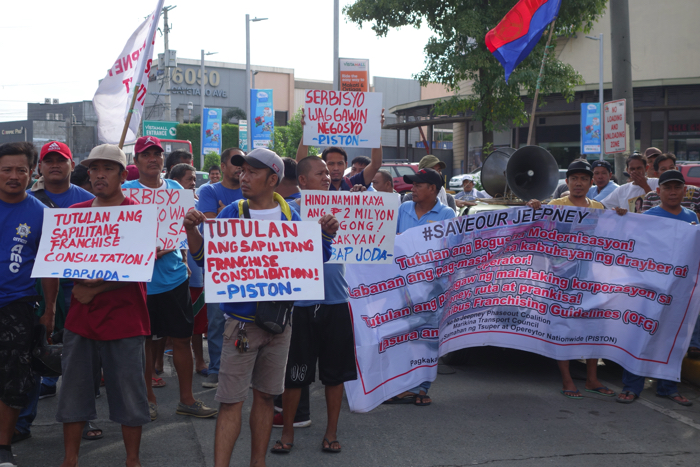- Project Leader : Nishio Zenta (Kyoto University, Center for Southeast Asian Studies)
Outline of Research
This study attempts to determine the necessary conditions for turning toward a “vernacular publicness” in the social context of the Philippines, where the precariousness of life is becoming more serious. Rather than retreat from the concept of communality, the study seeks to identify how to build upon the communality inherent in societies to establish publicness in contemporary society. By critically reexamining the social relations that have been used as explanations of community in previous studies, this study reimagines publicness through a vernacular lens.
Description
Publicness is a platform in which everyone can share and discuss new issues and interests and it is therefore a first step toward realizing rights. For this to happen, we need to appear in the public arena and give everyone a voice. In a community of acquaintances, relationships exist, but in today’s society, when we turn around, we are living with strangers. In such a situation, publicness is essential.
This study does not apply the Western concept of publicness to the Philippines, but rather clarifies the forms of social relations that make publicness work in the Philippines, and how those relations have been transformed in cities. Numerous previous studies encourage the cultivation of “civil society” and the Western model of publicness, discussing the target society as lacking or deficient from a Western perspective. Others deny the existence of publicness in cases where people adhere to vernacular community. In this study, we argue that vernacular publicness has been and is being created through the transformation of rural communal social relations that were brought to cities as people moved.
Discussion of relationships and values as a means of understanding society has been criticized, but they continue to be cited as a means of understanding contemporary Philippine society. Many previous studies have introduced concepts that reflect their particular times and come from the contexts and settings of rural and indigenous societies. These concepts based on a particular group of people have been taken out of their original context and quoted in various studies, thus spreading and becoming accepted as if they are applicable to the Philippines as a whole. In order to understand the Philippines, which has become one of the world’s leading migrant sending countries, it is necessary to critically examine existing studies to see if these terms can and should be used for the same meaning as their original usage.
The results of this study are expected to capture the publicness that is the basis of political solidarity and social movements from the case of the Philippines. It will thereby contribute to the theory of publicness more broadly across the Global South, which is experiencing social transformations associated with the spread of neoliberalism.


